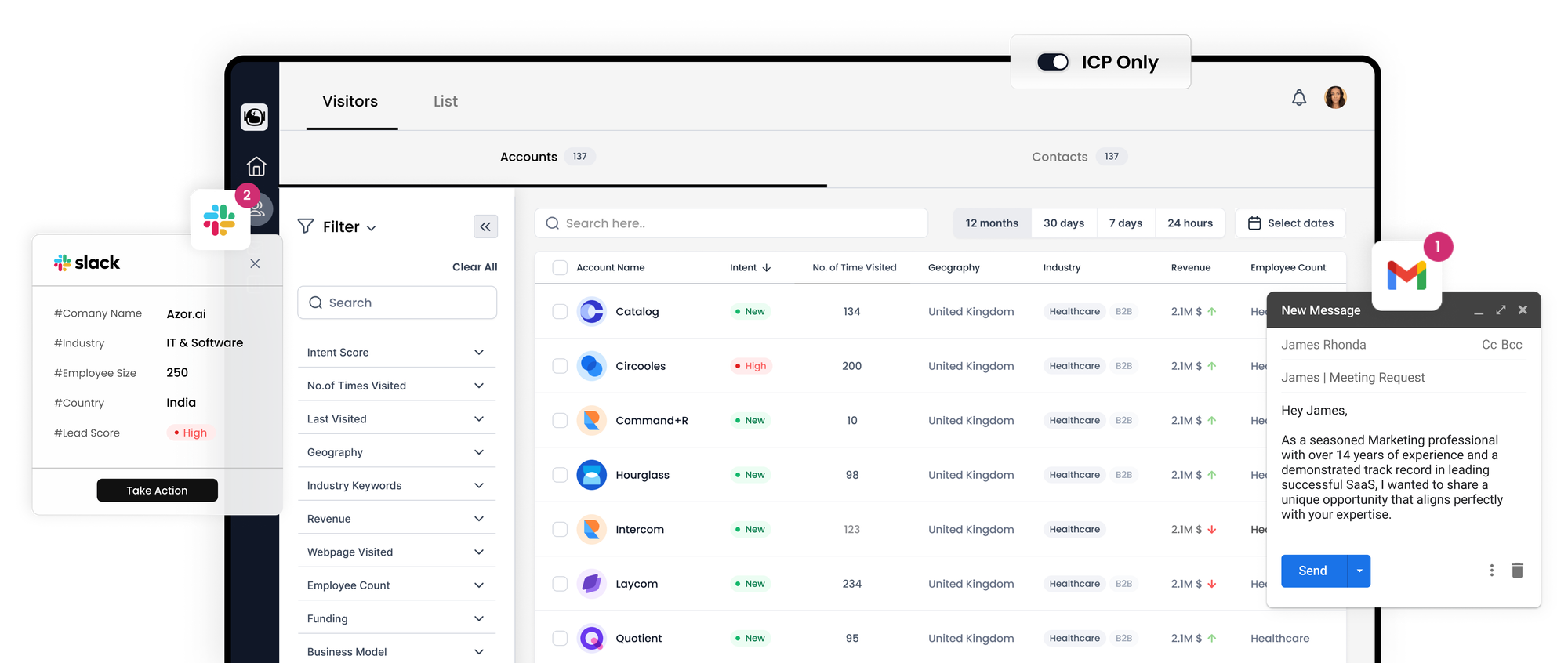Repositioning B2B Marketing Strategies for the Evolving Landscape

In the rapidly changing realm of B2B marketing, the conventional yearly marketing plans have been rendered ineffective. B2B leaders, irrespective of their roles in marketing, sales, or business development, now face the imperative need to construct adaptable strategic plans. These plans must harness the potential of technologies and tools to steer more productive sales and marketing teams, all while acknowledging the uncertainty of execution. Flexibility and the capacity to adjust tactics in response to the burgeoning complexity of the market and evolving customer behaviors have become paramount.
B2B marketing assumes a pivotal role in positioning your brand for success. As elaborated in a previous article, modern marketers now also bear the mantle of "chief change officers," tasked with normalizing and facilitating the absorption of change within their organizations.

A significant portion of B2B purchasing decisions occurs before buyers directly engage with vendors. A study conducted by IDC divulges that 84% of C-level executives and 75% of B2B purchasers utilize social media to support their buying decisions. Additionally, SiriusDecisions data reveals that 67% of the purchasing process unfolds digitally. While these statistics might suggest that customers are content to abstain from early contact with vendors, the reality diverges. Buyers may, in fact, be eager to initiate conversations with sellers. The RAIN Group's research on Top Performance in Sales Prospecting indicates that 82% of buyers are amenable to meeting with sellers during the purchase process if approached.
Given this landscape, the question arises: How can one establish a presence in the early stages of the buying process, fostering pertinent conversations and opportunities even before customers reach out? Several emerging trends provide insights into achieving this objective.
1. Embracing a Culture of Testing and Experimentation
The norm is shifting towards continuous testing and experimentation to ascertain the viability of different tactics and activities. Marketers are now leaning on proof of concept to guide their investments, allowing for the scaling up or down of marketing endeavors based on demonstrated returns.
2. Elevating Customer Storytelling
In the pursuit of buyer trust and authority, storytelling is emerging as a potent tool. B2B businesses are increasingly employing storytelling to educate and engage their audiences, building purpose-driven communities around relevant business topics. Authentic customer experiences and narratives are gaining precedence over traditional, company-edited case studies.
3. Navigating Privacy Regulations and Valuing Customer Data
In an environment marked by stringent privacy regulations, customer data becomes even more precious. B2B marketers may opt to leverage ungated content while grappling with the complexities introduced by peer-to-peer social media in tracing the buyer journey.
4. Redefining Customer Behavior Characteristics
To gain a deeper understanding of buyer behavior and effectively segment customers, marketers are contemplating new characteristics, including resilience in the face of change and promoter potential.
5. Exploring Niche Opportunities
Niche opportunities are poised to emerge in the B2B space. The conventional practice of gifting and giveaways may evolve into customer-focused experiences centered around well-being and mental health. The rise of polywork and the "be your own boss" ethos could open doors to micro-entrepreneurship opportunities and partnerships with B2B customers.
The Future of B2B Marketing
In conclusion, B2B marketing is undergoing a profound transformation. As new social trends continue to reshape the landscape, it is essential to empathize with your buyer persona and comprehend their evolving needs. By embracing change and optimizing marketing strategies, B2B leaders can navigate this shifting terrain and harness untapped opportunities for success.
